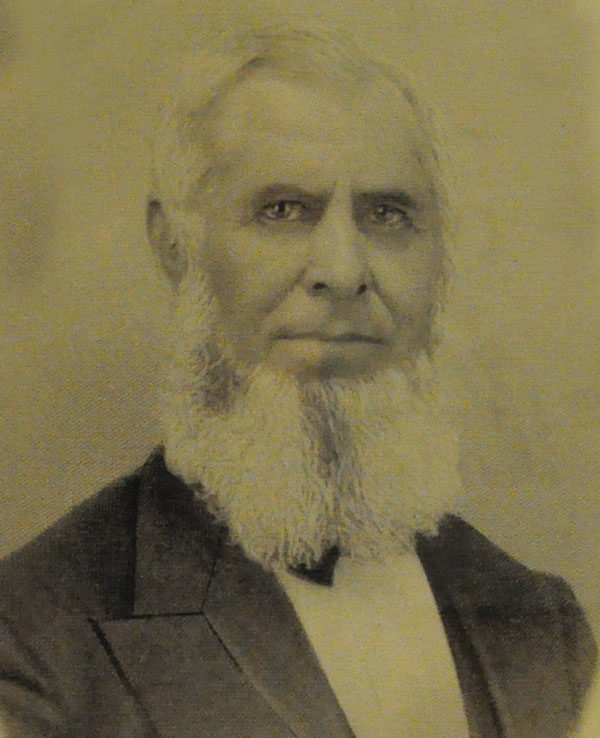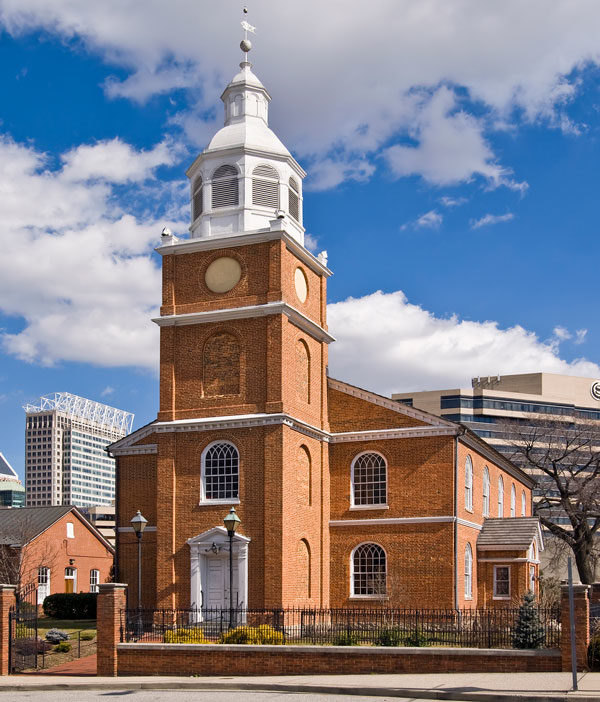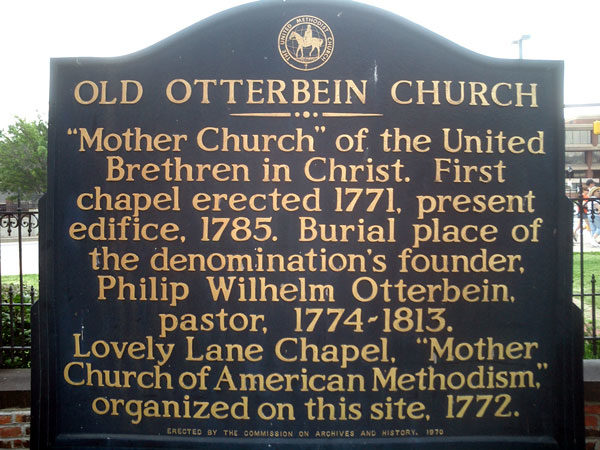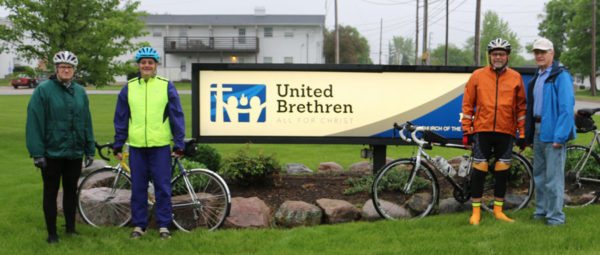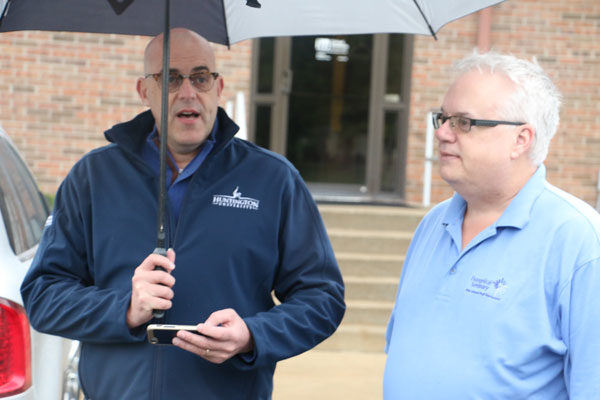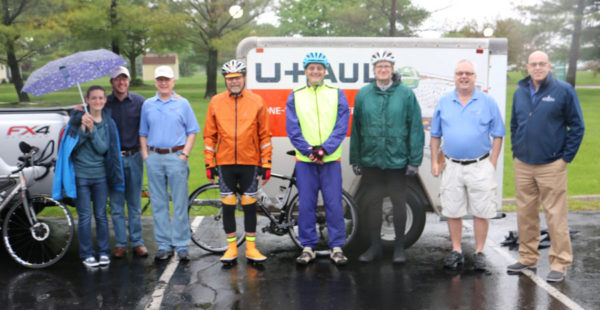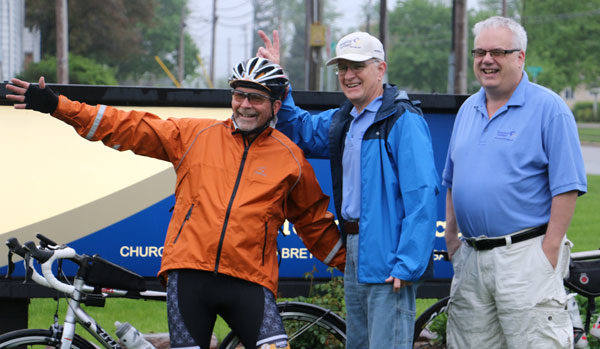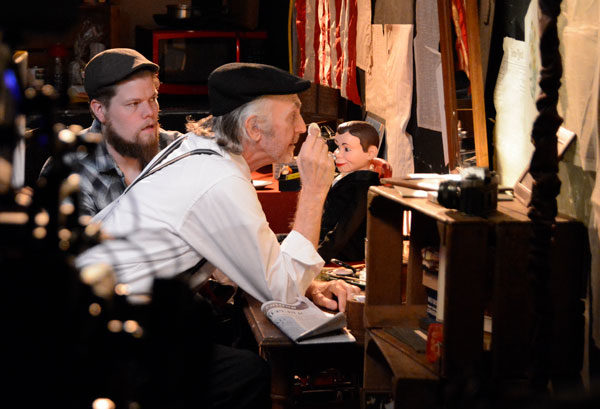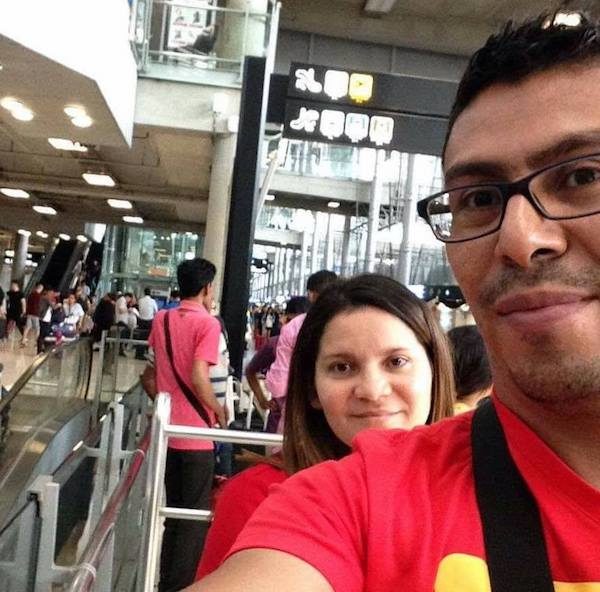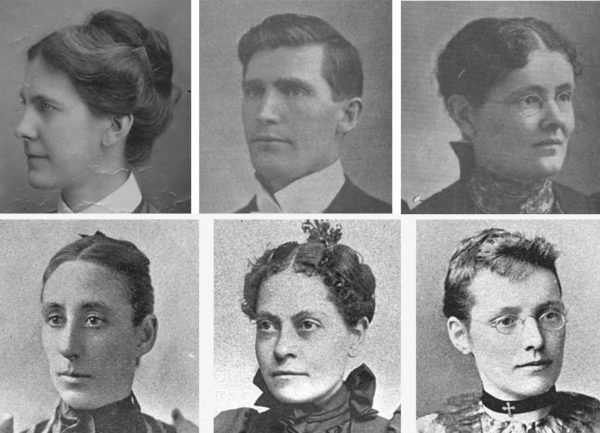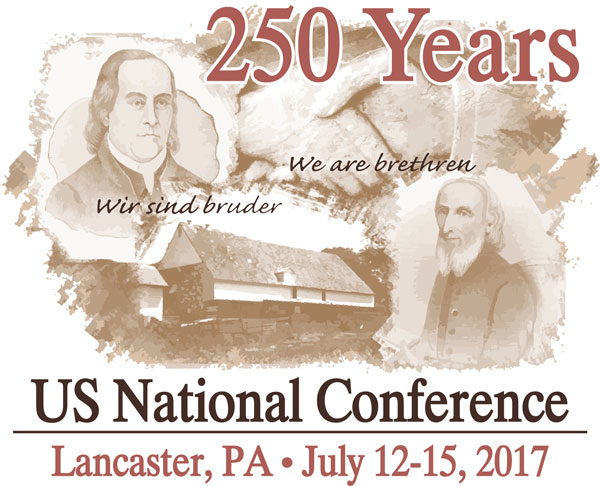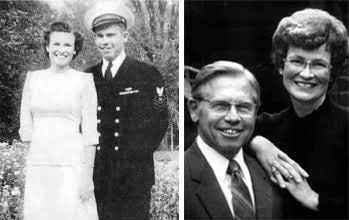07 May On This Day in UB History: May 7 (William Hanby)
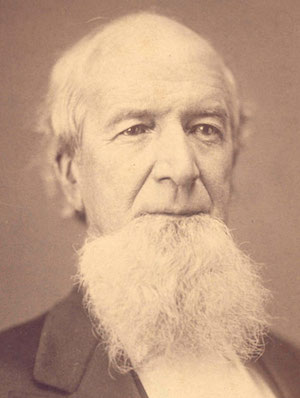 Bishop William Hanby passed away on May 7, 1880. It was written, “He was a master of the secret of growing old gracefully. No one ever heard him complain that the former times were better.” His last words: “I’m in the midst of glory.”
Bishop William Hanby passed away on May 7, 1880. It was written, “He was a master of the secret of growing old gracefully. No one ever heard him complain that the former times were better.” His last words: “I’m in the midst of glory.”
Hanby was elected bishop in 1845-1849. He had been editor of the denominational publication for eight years, and much preferred that role. As bishop, he was regularly gone several months at a time, riding alone and frequently afflicted with vertigo. He didn’t want the burden of constant traveling–not with a wife, nine children (eight of his own, one adopted), and feeble parents at home.
To his relief, the 1849 General Conference again elected him as editor of The Religious Telescope.
Hanby supplemented his meager church salary by running a saddlery business, a trade he learned as a teen. When the occasional plague was going around, he would use his own money to buy medicine and personally dispense it among poor people. He kept a poor widow’s woodpile stocked.
The April 8 post told about his work in sheltering fugitive slaves. Hanby was said to be “a firm believer in the equality of the sexes, and never more delighted than when his daughters showed themselves the intellectual equals of their brothers.”
It was written, “He possessed a very tender conscience, was slow to give offense, and when overtaken in a fault, could not rest until he had said, ‘Forgive me, I was wrong,’ even if the injured one was the smallest child.”
Hanby’s last years were difficult. Three of his four sons died, as did his wife of 49 years. He suffered serious illness, and reportedly lost all of his property. But he never gave in to bitterness, and was cared for by his remaining children.
Interestingly, the Hanby name died out. Two sons only had daughters. The only son who had a son was Benjamin, but that grandson married late in life and had no children.

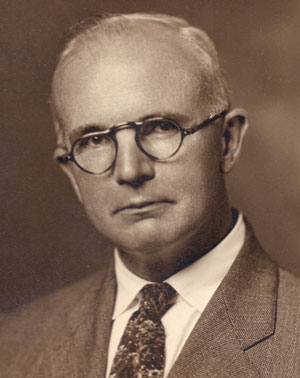 Bishop Walter Musgrave passed away on May 6, 1950, in Huntington, Ind. He served 24 years as bishop, 1925-1949. Only three other bishops served longer than that. He was most know for his energetic, dynamic preaching.
Bishop Walter Musgrave passed away on May 6, 1950, in Huntington, Ind. He served 24 years as bishop, 1925-1949. Only three other bishops served longer than that. He was most know for his energetic, dynamic preaching.